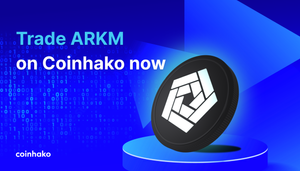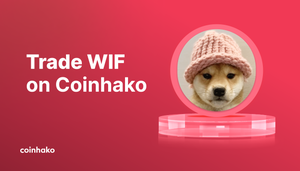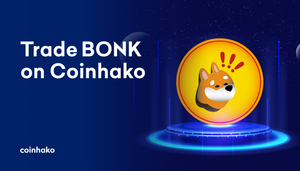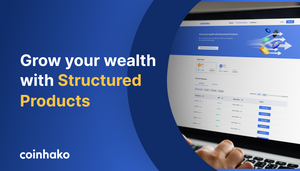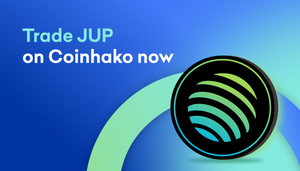In this post, we explain how the blockchain will be able to help non profit allocate funds and provide transparency better.
Recently this year, Nepal suffered two earthquakes within a short span of time. The entire world responded in helping victims and the country to recover from one of nature’s deadly calamities. At CoinHako, we played a small part in this process – by appealing to our users to donate using Bitcoin. We knew that the process of fund transfer will be a lot more expedient than using Visa, Mastercard, Cash or Cheque because of the nature of Bitcoin’s underlying technology. We did not, however, anticipate the administrative hurdles of working with a well-intentioned non-profit. There is a key lesson for all of us here which we will share in this post.
Firstly – Big Thanks Donors and Singapore Red Cross
We would like to express our deepest gratitude to our users at CoinHako who donated. You stepped up, and we are all proud of you. Your donations have been received at the Singapore Red Cross Society.
We would also like to thank the Singapore Red Cross Society for being very expedient in setting up channels to facilitate donations. From the non-profit’s initial contribution of SGD 50,000 for humanitarian relief, stepping it up to SGD 200,000, to deploying the aid in Kathmandu all while handling queries from all over, we were privileged to work with part of a very professional, responsive team.
Next- Doing it Better
In the face of disaster, organisations striving to deliver aid have achieved commendable clarity in their approaches. The Red Cross Society is undoubtedly in this category of firms. But there is always room for improvement. Could financial help be delivered better? Absolutely.
a) The current process to donate
Imagine you are living in Singapore when you heard about the earthquake in late April 2015. You decide to help. Of the myriad of ways, you choose to do it via a renowned non-profit after reading about its public appeal for donations. Let’s assume you choose the Singapore Red Cross, because you trust its professionalism in its work. At this point, you can walk into 15 Penang Lane and donate in cash, make a bank transfer or send a cheque.
While the Red Cross Society was exceptionally fast in deploying these channels of receiving funds, as a donor you need to be aware of the fine-print. You will need to be specific about your request in each of these channels. Easy enough for walk-ins (Just say ‘Donation for Nepal Earthquake Relief’), but not so for bank transfers or cheques. If you forget to specify the same in the latter – your donations might go to the general fund.
What are the chances of this happening? We do not have data on this and do not want to speculate on the good work of a non-profit we hold in high respect. However, given the number of people involved in administering collection of donations – a human error by the donor (forgot to specify ‘Nepal Earthquake Relief’) or the middle agency would mean unintentional misallocation of funds. And this is where things could get a lot more serious.
b) How can fund allocation be improved, human errors minimised?
Over here at CoinHako, we set up a Bitcoin address specifically dedicated to collection of funds for the Nepal Earthquake Relief efforts . All transactions related to this address are captured in the blockchain, a public ledger that can be scrutinised by anyone in the world. At the end of our donation collection period, we simply transferred this money to the Singapore Red Cross for their further action.
What if the Singapore Red Cross had set up a Bitcoin address for this specific purpose of collecting donations?
All transactions to it would be transparent and possibility of human error drastically reduced. Every donor who contributes can choose to be anonymous or reveal his/her identity. These donations will be recorded in the blockchain – making it easier for accounting and subsequent release of funds to Nepal. We have explained more reasons in detail when we set up the donations page too. These are: transfer of funds will be amongst the fastest, cheapest available options. If done via CoinHako, the funds will be insured and secure too.
From what we see, some parts of Red Cross are already doing this. We encourage the Singapore Red Cross, and all non-profits, to do the same. Increasing efficiency of fund allocation has strong benefits that surely make exploring this effort important, if not, sacrosanct.
This is simply a suggestion from the team at CoinHako. We want to see aid delivered better, and genuinely believe the blockchain is a surer answer than others at this point. Please feel free to contact us at hello@coinhako.com for any query or feedback you may have.
Once again, thank you to all donors. The Singapore Red Cross had collected SGD $6.5 million as of 28th May 2015, and we are proud that you have been contributors to this noble drive.


